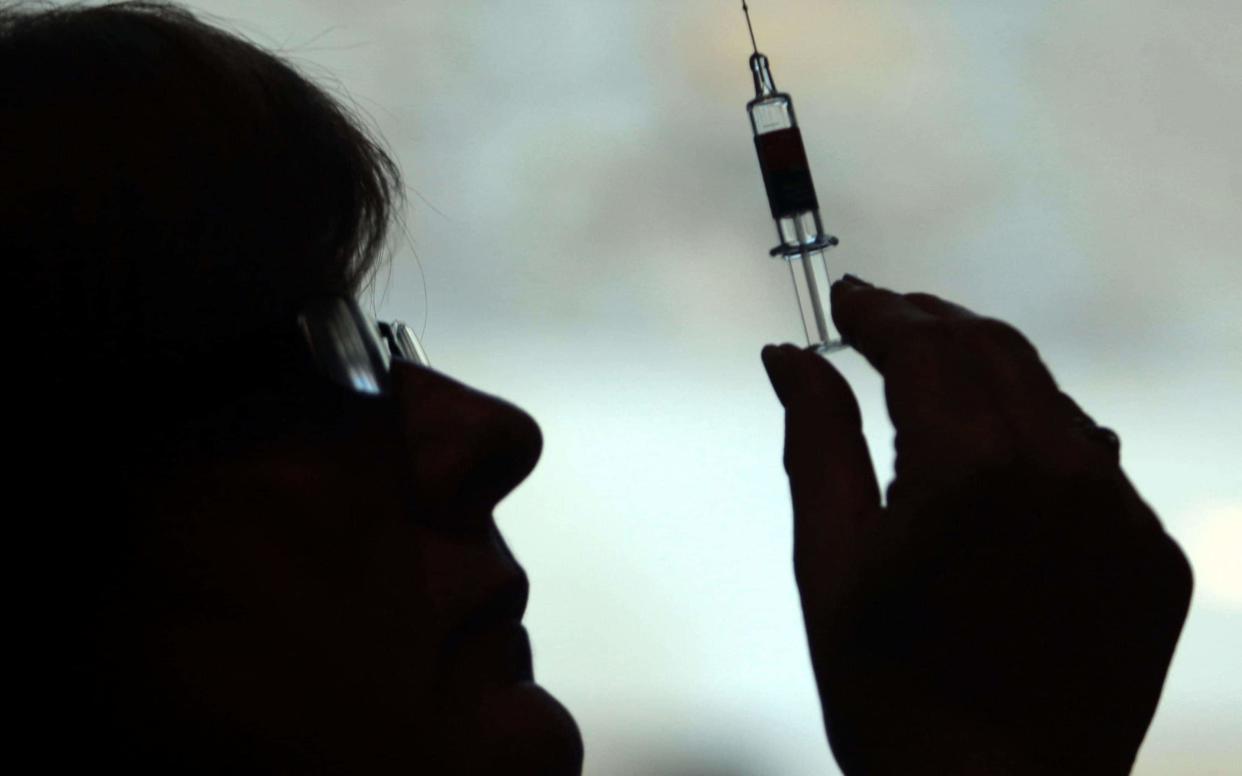University of Surrey students to be vaccinated after meningitis death

Students at the University of Surrey are being offered the meningitis B vaccine after a student died and two others were taken to hospital with the bug.
John Igboanugo, a first-year physics undergraduate, died earlier this month following a sports trip to Rimini in Italy.
Two other Surrey students also fell ill with meningitis but have now been discharged from hospital.
Public Health England (PHE) said laboratory reports have confirmed two of the students had meningitis B and the third is thought to have contracted the B strain of the bug as well.
Some 4,200 full-time students living in halls on the Guildford campus - around a third of the total student population - are now being offered the jab to protect against meningitis B.
The vaccine is normally only routinely given on the NHS to young babies.
"We are greatly saddened by the death of our student, and our hearts go out to his family and friends during what continues to be a very difficult time," said Professor Max Lu, vice chancellor of the University of Surrey.
"The health and wellbeing of everyone on campus is of the utmost importance.
"We are working closely with PHE on a targeted vaccination programme and are reassured that the risk to staff, students and visitors is still very low."
Professor Kamila Hawthorne, associate dean for medicine at the University of Surrey, added: "We appreciate that when cases of meningitis B occur there is increased concern about the potential spread, but evidence shows that meningococcal infection is not highly contagious, comparatively rare and the risk to the wider community remains very low.
"Only people who have prolonged, close contact with an ill person are at a slightly increased risk of becoming unwell.
"If anyone is in any doubt or are concerned about their health, or the health of others, please call NHS 111 urgently."
The university said there was no direct link between the three cases.
The two students who were taken to hospital had not been on the sports trip to Italy.
PHE said passengers on the coach trip had been offered antibiotics as a precaution.
It said the wider population in the town and non-students who visit but do not live on the university campus are not considered to be within the at-risk group.
Dr Peter English, consultant in Communicable Disease Control from PHE in the South East of England, said: "Meningococcal infection is comparatively rare and the risk of transmission is relatively low.
"People who have prolonged, close contact with an ill person are at a slightly increased risk of becoming unwell in the following days.
"This is why immediate contacts of the cases have already been offered antibiotics as a precautionary measure.
"After considering the medical evidence, we have decided to offer vaccination to around 4,200 students living in halls of residence at the university to reduce risk of further cases next term.
"I would like to reassure other students, teachers, their families and the local community that the risk of catching this infection remains very low, and any higher risk is confined to those being offered the vaccine."
Students are regularly offered a vaccine against other strains of meningitis, known as the Men ACWY jab.
Meningitis can develop rapidly and is sometimes mistaken for flu. Those who survive can be left with life-changing disabilities.
Symptoms include a high temperature, feeling or being sick, exhaustion and irritability, a headache and aching joints, stiff neck and dislike of bright lights, confusion and a rash.

 Yahoo News
Yahoo News 
